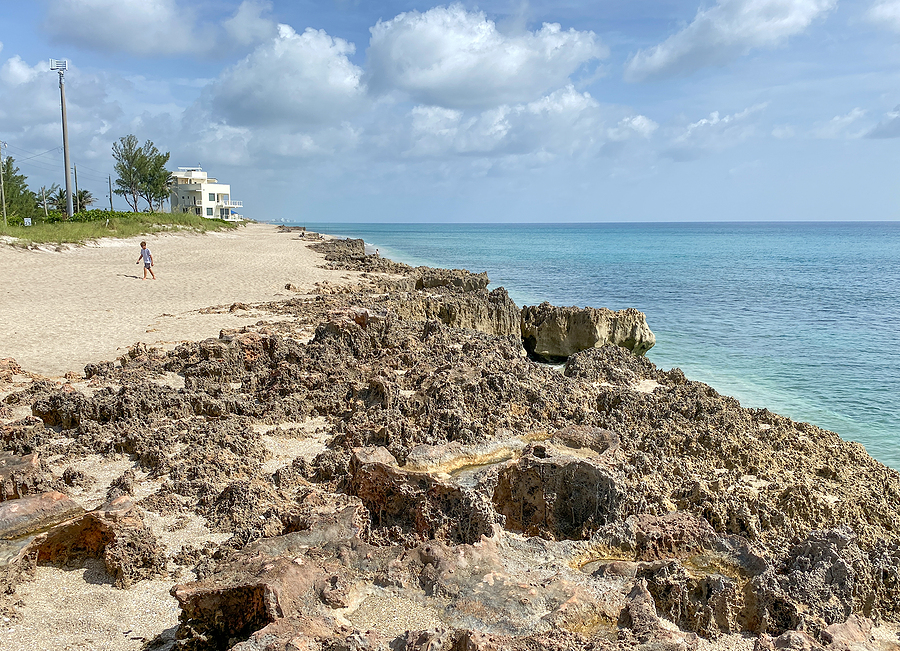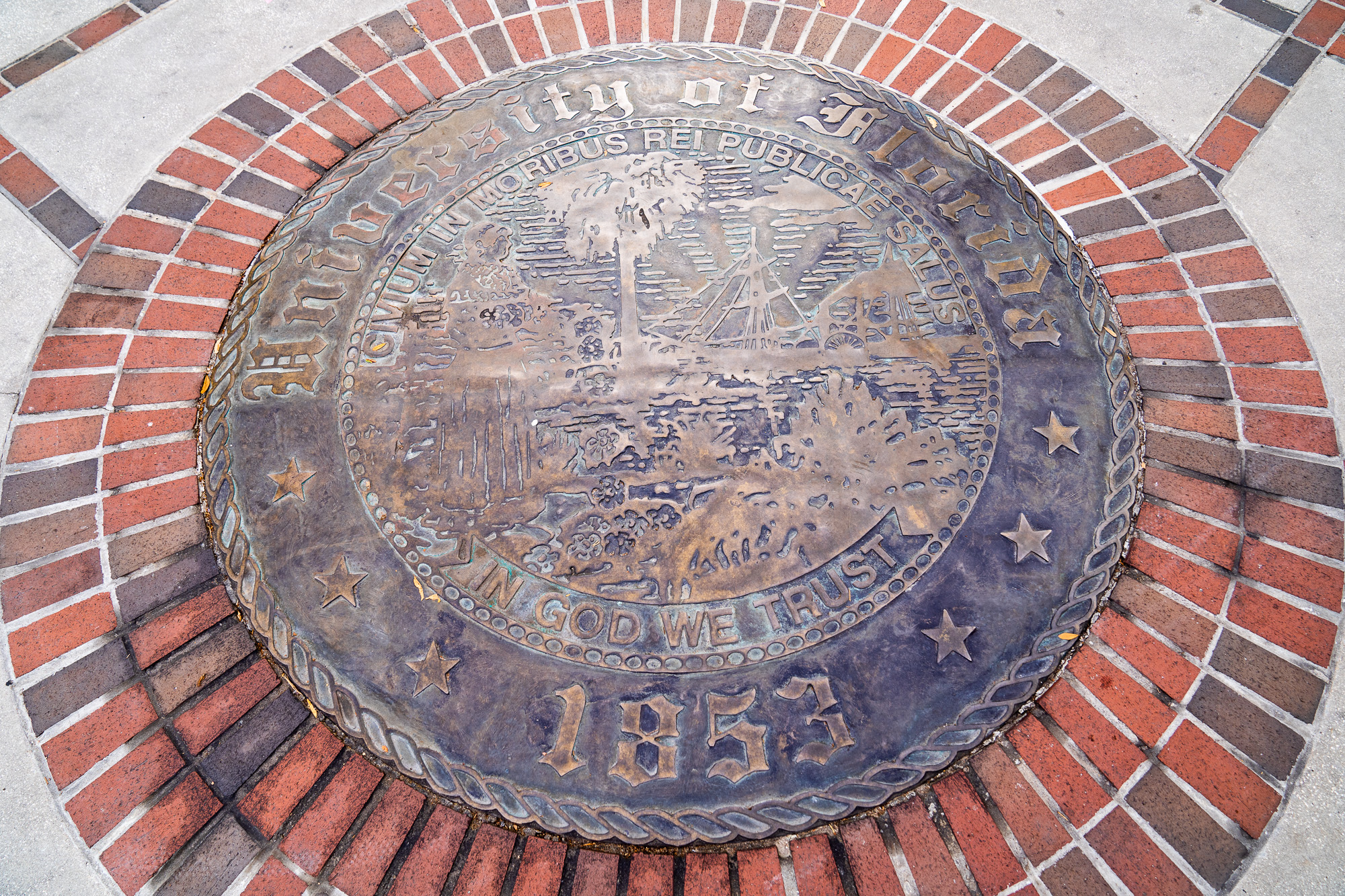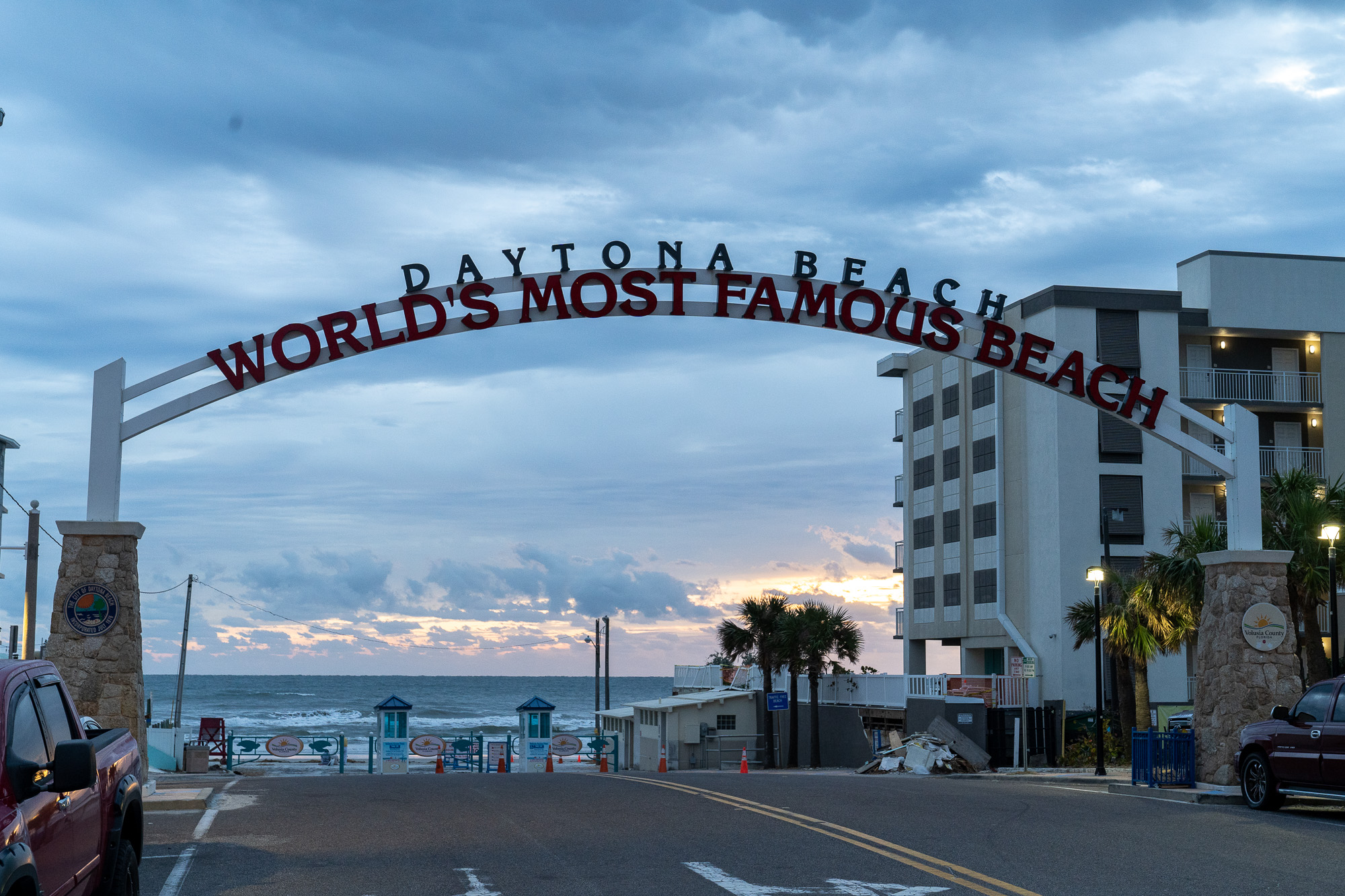Drowning Injury and Death Attorney in Gainesville, Florida
Summer is a major part of living in Florida, and swimming pools make for enjoyable entertainment during the hottest times of the year. However, when pools are not maintained, operated, or secured properly, serious injury and even deadly accidents can occur. Any failure to exercise reasonable care on the part of swimming pool owners, operators, and/or manufacturers can lead to catastrophe. If one of your loved ones was the victim of an aquatic accident, such as a drowning, and the fault lies with the negligence of pool or facility staff, you are entitled to make a claim for liability and damages. Our experienced team can help you get the compensation you deserve.
Drownings In The State Of Florida
Due to the amount of ocean coastline our state has, as well as the ubiquitous nature of backyard pools and neighborhood recreational facilities with pools, the state of Florida has the highest concentration of drownings of young children and frail elderly persons. In 2000, the legislature enacted the Residential Swimming Pool Safety Act, requiring public pools to have a barrier at least 4 feet high around the outside.
Constant supervision is the key to preventing drownings. A toddler can drown in two inches of water. Three minutes underwater without oxygen will render a person unconscious. A submerged person must be rescued within five minutes in order to avoid brain injury or death. Tragically, lapses in public pool supervision can lead to wrongful deaths and suffering for relatives of the victim.
Causes of Water Injuries and Drownings
The following are some common causes of near-drownings and water-related injuries.
Defective Equipment
Manufacturers of pool equipment have a duty to ensure their products are safe for commercial use. By the same token, pool owners must ensure that said equipment is installed correctly and operating safely, as well as installing additional safety devices to prevent potential hazards. If these duties are not adhered to, such as if a drain cover is defective or in disrepair, a young child can be held beneath the water and drown as a result.
Lack of Proper Safety Equipment
Pools must have proper safety equipment as outlined in the laws. Florida’s Section 64E-9.008, requires all public swimming pools to have a shepherd’s hook attached to a one piece pole that is readily accessible, and all pools with a slope transition to have a safety line to throw to ailing swimmers. If this equipment is not readily available and an individual’s drowning could have otherwise been alleviated had the right equipment been there, then the owner can be held liable.
Failure to Supervise
Florida’s Section 64E-9.008 also mandates that lifeguards and swimming instructors must be certified in first aid and CPR through appropriate agencies. Pool owners have a responsibility to ensure their lifeguards have this training.
Failure to Warn
Property owners have a duty to warn people of dangerous conditions around their pools. For example, a hotel or resort must post a sign to warn their guests if there is no lifeguard on duty or of inclement weather. If the owner neglects this, they may be held liable for injuries and drownings.
Failure to Maintain
An unsafe pool deck or disrepaired diving board may lead to dangerous slips and falls. A pool owner has the responsibility to maintain reasonably safe conditions around their pools.
If left unchecked, these risks may result in death or a severe injury, such as anoxic brain injury from lack of oxygen getting to the brain. In the worst case scenario, someone may become trapped or simply unnoticed underwater, leading to them drowning.
Reducing the Risk of Drowning in Florida
Here are some important tips and ways to reduce the risk of drowning for children:
- Learn CPR. Anyone supervising a child, especially around water, should know how to perform CPR. This is one of the most important life saving techniques available for near-drownings.
- Always supervise children. Children should never be left unattened in a pool or body of water in Florida, not even for a few minutes. It is recommended that if someone needs to leave the poolside while the kids are in the pool, either make them get out until you get back or designate another adult to be the watcher. Children under the age of 4, should never be more than an arm’s length away from an adult.
- Do not rely on floating devices. While floatation devices can be helpful for children learning to swim, they should never be used as a substitute for supervision.
- Teach children to swim. In Florida, children age 4 and older should be able to swim, at least enough to save their own life. For kids who spends lots of time near pools, or live in Florida in general, it is imperative that kids can swim. Florida has tens of thousands pools and lakes and everyone of them could pose a risk to your child.
- Avoiding alcohol. Drinking alcohol when you are boating or swimming can be a lot of fun, but when you un charge of supervising children who are swimming, it can seriously delay reaction times, cause longer gaps of inattention, and just generally put your children in an unsafe situation if they start to drown.
Experienced Drowning Accident Attorneys in Gainesville
If one of your loved ones or family members has been the victim of a drowning accident due to negligence, then our dedicated attorneys at the Eberst Law Firm may be able help you file a claim to pursue the maximum settlement. Damages sought for wrongful death can include the cost of medical bills for the injury that caused the death, as well as funeral and burial expenses.
Our attorneys will build your case through evidence, such as data from medical professionals, witness statements, experts who can reconstruct the accident scene. If you would like to speak with one of our representatives about your case, please contact us online, or call our Gainesville office at 772-225-4900 to discuss your case in a free consultation.


